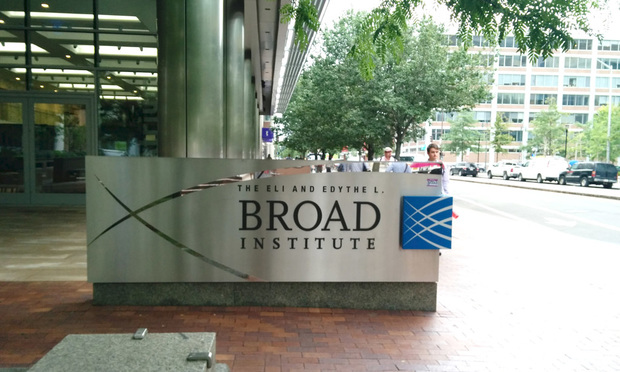The U.S. Court of Appeals for the Federal Circuit on Monday upheld a Patent Trial and Appeal Board decision awarding CRISPR-Cas9 patents on human and animal gene editing to the Broad Institute of MIT and Harvard.
The ruling settles an initial clash over foundational patents to technology that can be used to add or delete DNA from cells in order to fight diseases, reverse genetic mutations or to improve crop resistance to pests and drought.

 Broad Institute in Cambridge, Massachusetts. Photo: Wikimedia Commons
Broad Institute in Cambridge, Massachusetts. Photo: Wikimedia Commons








